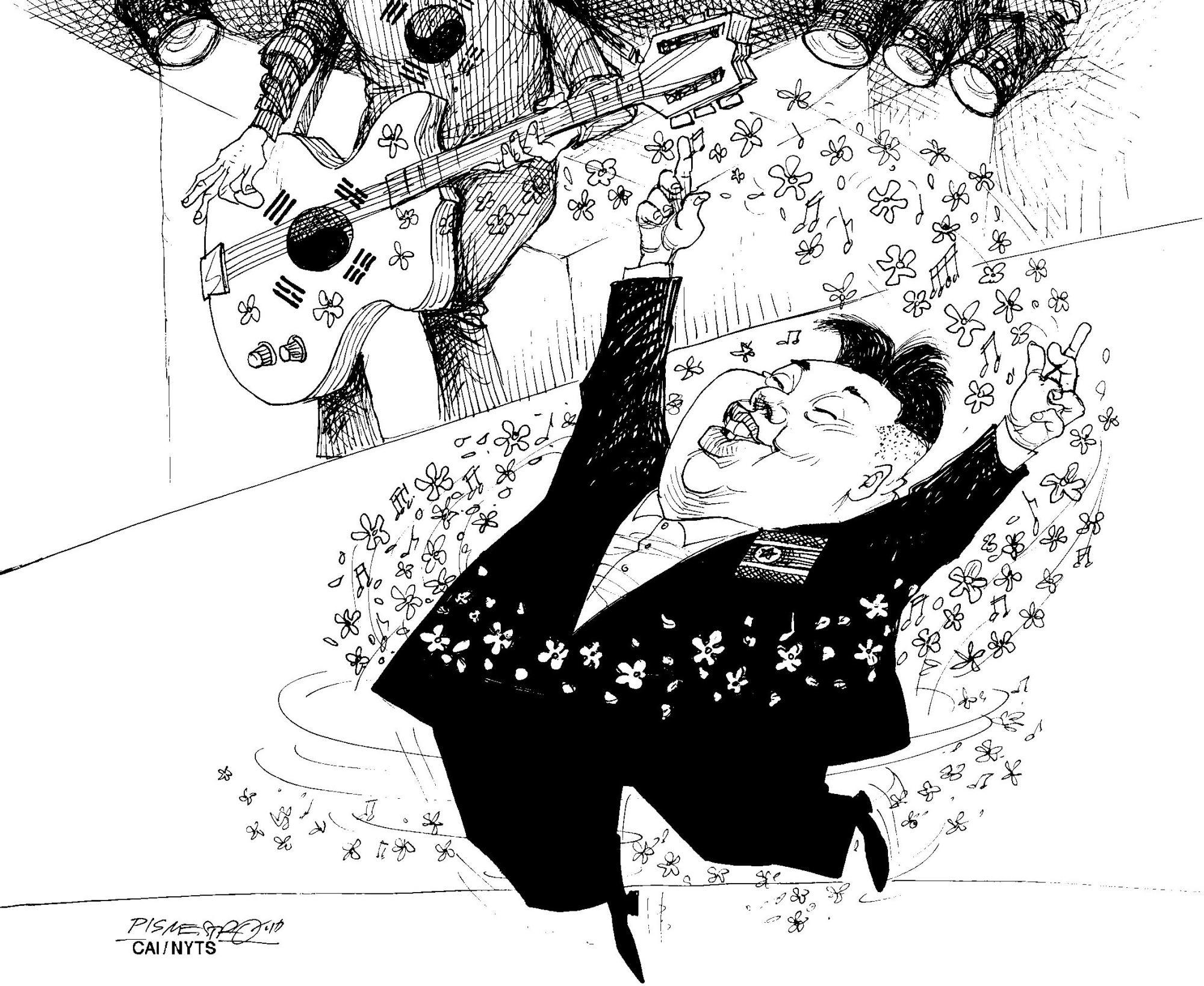The upcoming inter-Korean summit between North Korean leader Kim Jong Un and South Korean President Moon Jae-in is laden with complexity and uncertainty. What is more, the outcome is not a foregone conclusion considering North Korea's track record of diplomatic brinkmanship to extract concessions from South Korea and interests of stakeholders such as the United States, Japan, China and Russia.
To achieve long-term peace on the peninsula, the North has to transform its security calculus and carefully crafted post-Korean War ideology stressing a Pyongyang-imposed reunification of the Korean Peninsula under the leadership of the North.
In the case of the former, using conventional weapons and now nuclear-capable ICBMs, Pyongyang has seemingly consolidated its strategic nuclear deterrent to prevent regime change through a decapitation strike or other form of military operation. Dismantling this defensive measure will require a radical shift in North Korea's military industrial complex and its strategic thinking about the utility of a strategic nuclear deterrent.


















With your current subscription plan you can comment on stories. However, before writing your first comment, please create a display name in the Profile section of your subscriber account page.